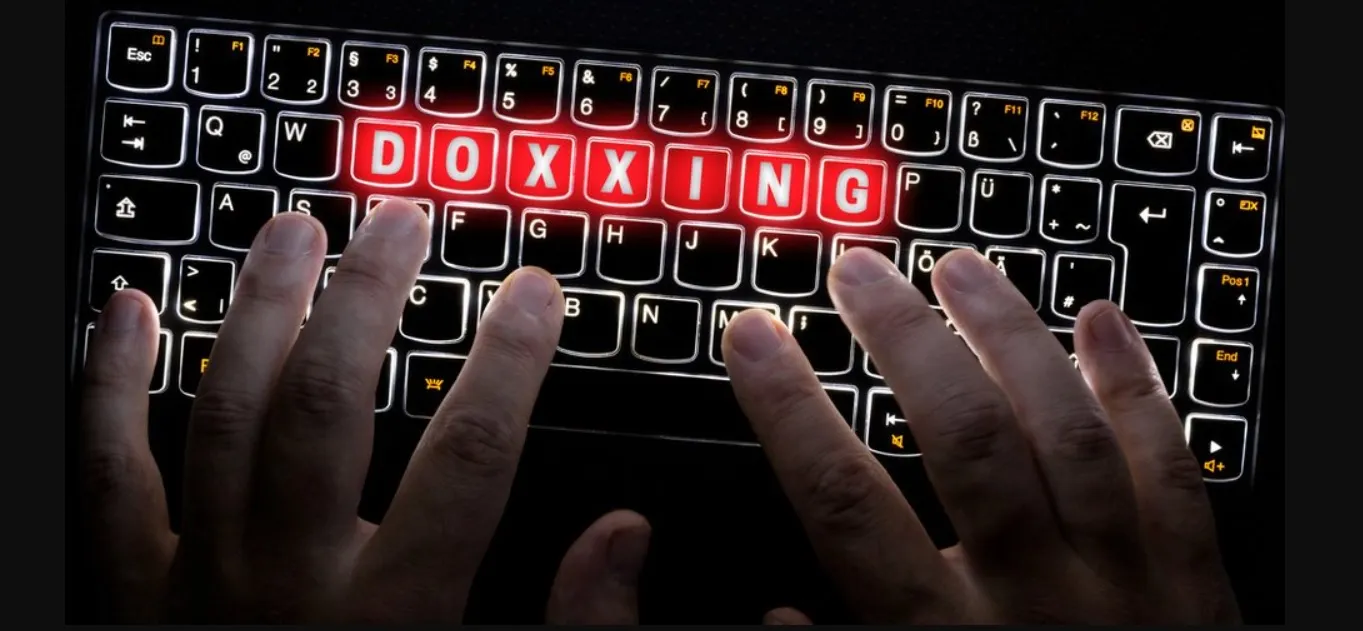Doxxing is the act of finding and sharing personal information about someone online without their consent. Learn more about doxxing and how to protect yourself on social networks. Tips include using privacy settings, being cautious about what you share online, and using a pseudonym or screen name.
What is doxxing
Doxxing is the act of finding and sharing personal information about someone without their consent. This can include things like a person’s full name, address, phone number, email address, and other identifying details. Doxxing is often used as a form of online harassment, and it can have serious consequences for the person being doxxed.
One of the biggest risks of doxxing is that it can lead to further harassment or even physical harm. If someone’s personal information is made public, they may be vulnerable to stalking, threatening phone calls or messages, or other forms of harassment. In some cases, doxxing has even led to people being fired from their jobs or experiencing other negative consequences in their personal or professional lives.
Doxxing on social networks
Doxxing o doxing is particularly common on social media platforms, where it’s easy for people to share information and spread it quickly. Social media users should be aware of the risks of doxxing and take steps to protect their personal information. This can include using privacy settings to control who can see your information, being cautious about what personal information you share online, and using a pseudonym or screen name instead of your real name.
If you are the victim of doxxing, there are a few things you can do to try to protect yourself. First, try to take down any information that has been shared about you. This may involve contacting the website or social media platform where the information was posted and asking for it to be removed. You may also want to consider contacting the police or a victim’s advocacy group for help.
Steps to protect yourself from doxxing on social networks
There are several steps you can take to protect yourself from doxxing on social media:
- Use privacy settings: Most social media platforms have privacy settings that allow you to control who can see your information. Be sure to use these settings to your advantage and only allow people you trust to have access to your personal information.
- Be cautious about what you share online: Think carefully before sharing personal information online, and consider whether you really need to share it. The less personal information you share, the less risk you have of being doxxed.
- Use a pseudonym or screen name: Consider using a pseudonym or screen name instead of your real name on social media. This can help to protect your identity and reduce the risk of doxxing.
- Avoid posting sensitive information: Don’t post sensitive information such as your address, phone number, or financial information on social media. This information could be used to doxx you.
- Use two-factor authentication: Many social media platforms offer two-factor authentication, which adds an extra layer of protection to your account. Enable this feature to make it harder for someone to access your account and potentially doxx you.
- Be careful about accepting friend requests: Be careful about accepting friend requests from people you don’t know. If you accept a friend request from someone you don’t know, they may be able to access your personal information and use it to doxx you.
By following these steps, you can help to protect yourself from doxxing on social media and reduce the risk of being harassed or targeted online.
Conclusion
In conclusion, doxxing is a serious issue that can have serious consequences for social media users. It’s important to be aware of the risks and take steps to protect your personal information online. By following best practices for online privacy and being cautious about what you share online, you can help to reduce your risk of being doxxed and protect yourself from harm.

